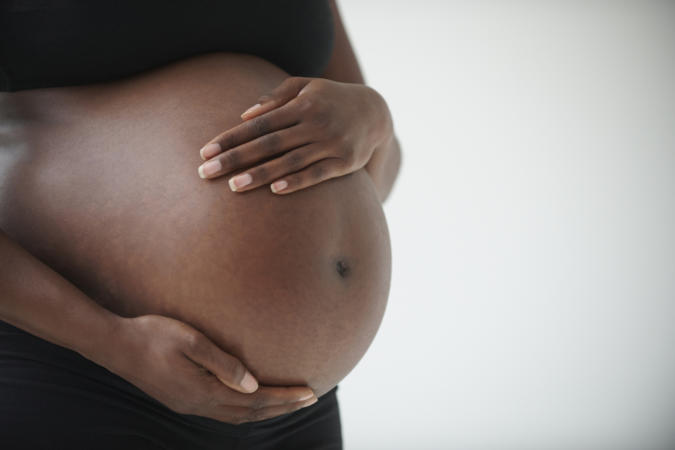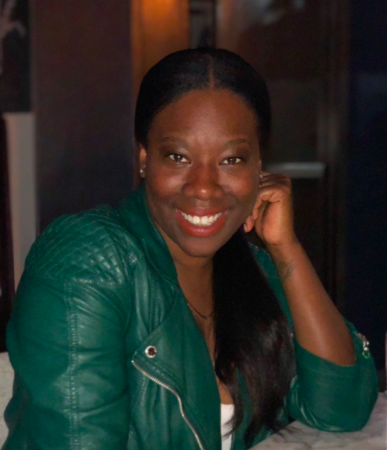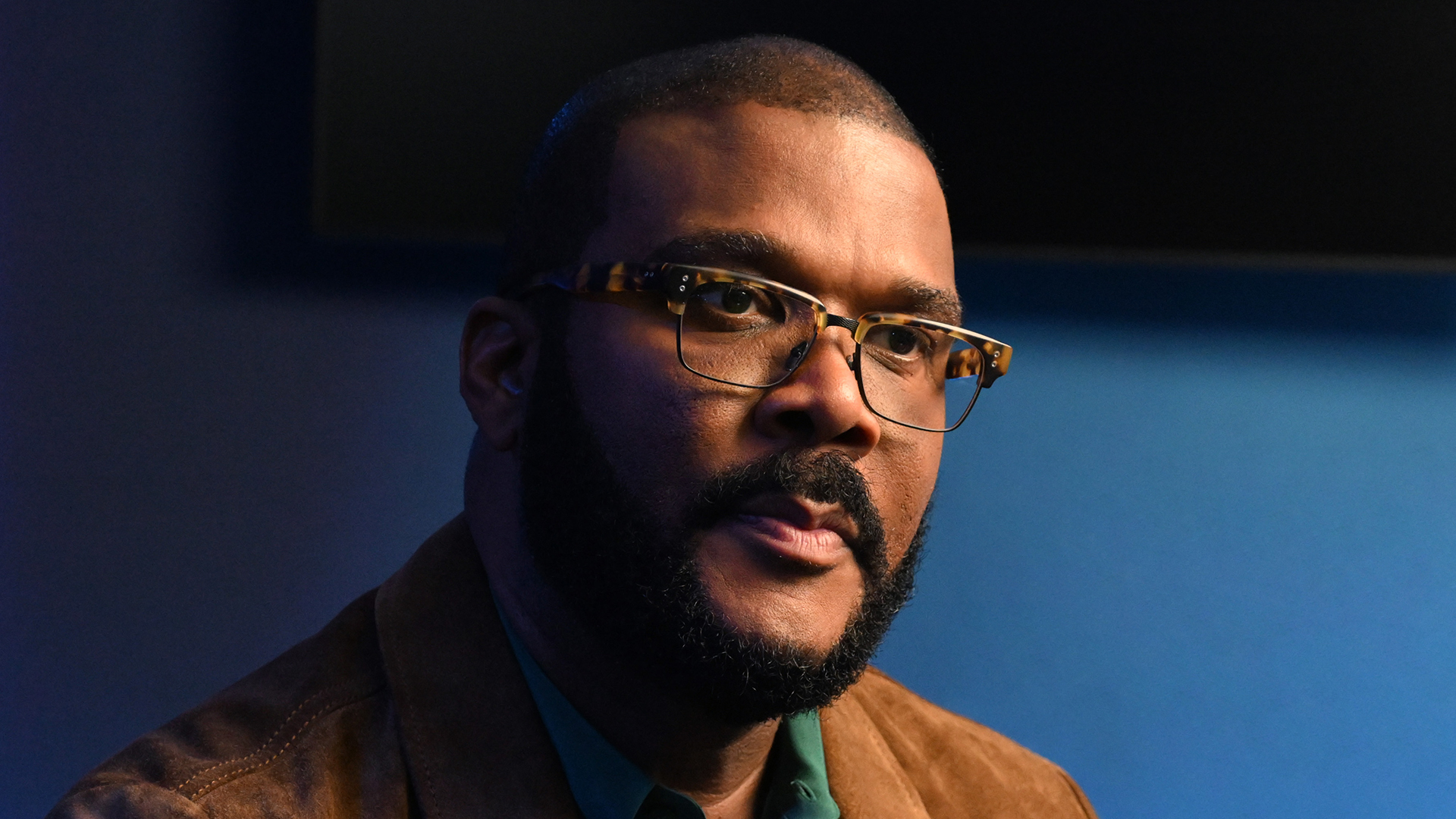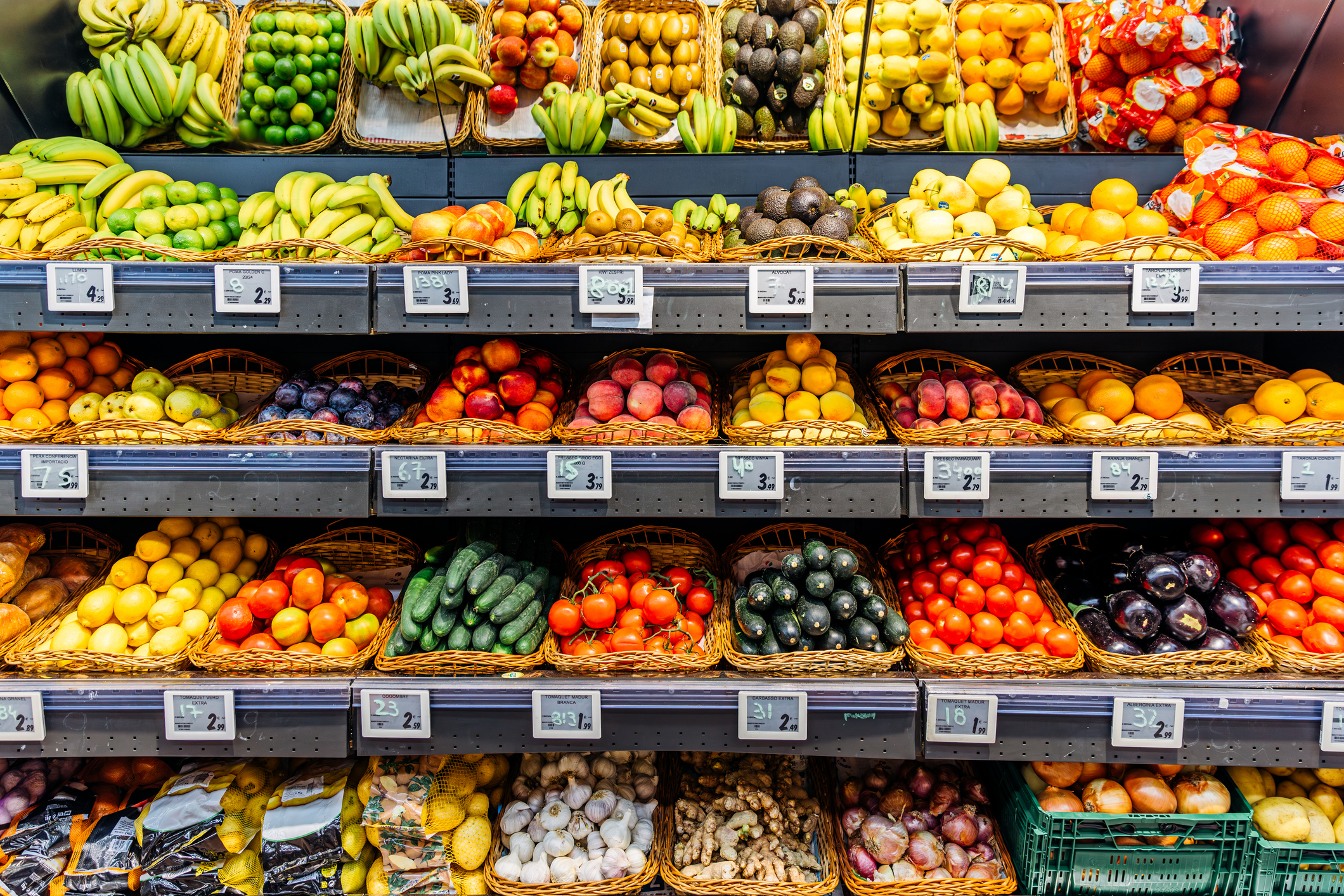Last week, San Francisco launched the Abundant Birth Project, a new pilot program that will help lower-income Black and Pacific Islander women receive a $1,000 monthly stipend for pregnancy and childbirth. The project will provide approximately 150 lower-income Black and Pacific Islander pregnant women in San Francisco with the funds in an effort to curb high rates of deaths related to pregnancy and childbirth.
According to CNN, San Francisco is a massive hub for tech, yet despite the amount of money pouring into the industry, a widening wealth gap leaves minorities in the city at a disadvantage. Specifically, Black and Pacific Islander women experience inadequate housing, heavily policed neighborhoods, and poorer-quality nutrition options.
As a result, they are most at risk for preterm births and infant and mother deaths during pregnancy and childbirth.
“Providing guaranteed income support to mothers during pregnancy is an innovative and equitable approach that will ease some of the financial stress that all too often keeps women from being able to put their health first,” said San Francisco Mayor London Breed.
CNN reports the Abundant Birth Project has received more than $1 million in donations and $200,000 from the San Francisco Department of Public Health. The assistance for the women will last for the duration of pregnancy and the first six months after birth. What’s more, the women are allowed to use the stipend as they see fit.
“Maybe you’re struggling with food insecurity this month,” Dr. Zea Malawa with Expecting Justice said. “Or maybe you need to pay your car note. That should be the mothers’ decision to make.”
The Abundant Birth Project program is the first-of-its-kind and is expected to expand to other parts of the state to increase economic support for those most impacted by San Francisco’s high cost-of-living and improve birth outcomes for mothers.
“Instead of trying to help Black women and other women be more resilient in the face of ongoing racism, what would it be like to decrease the burden of racism instead?” Malawa asks. “I just don’t think that that has been tested enough. And so that’s what we’re trying to do.”

















